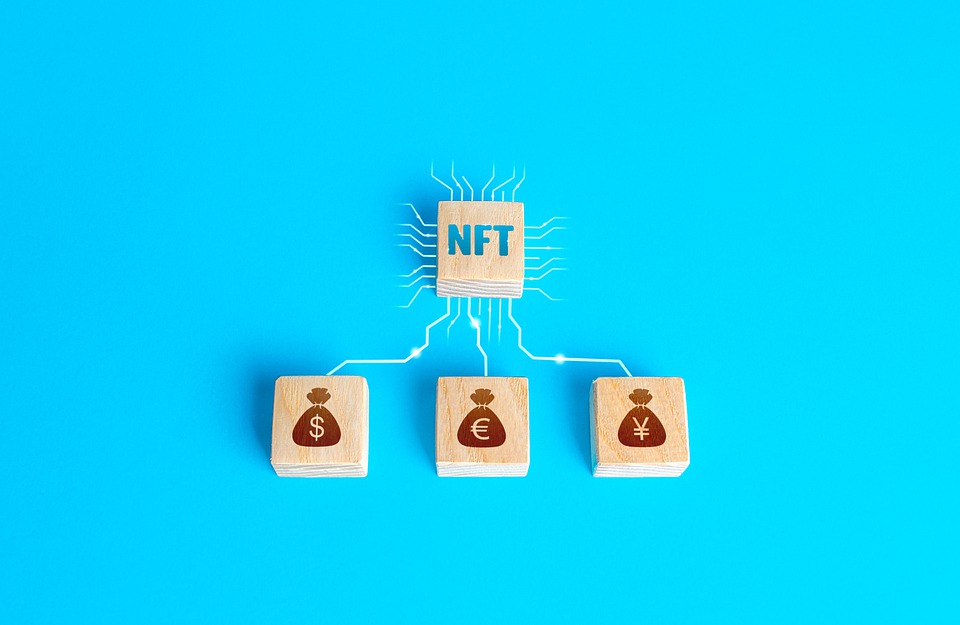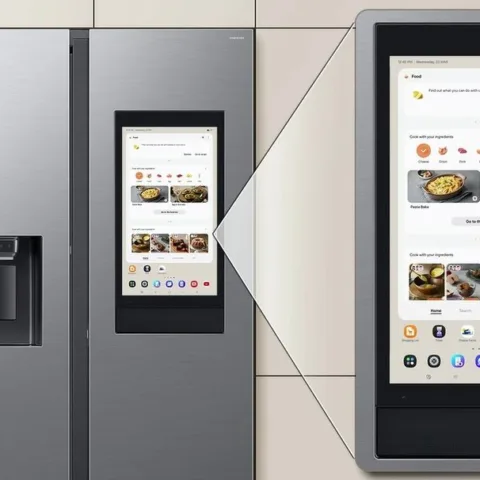 Going global! That’s pretty much the dream of any startup founders when planning on their startups. The dream that has been achieved by Facebook, Twitter, LinkedIn, and everyone else in Silicon Valley. It’s a common thing to think globally, but don’t forget that to go global, you need to plant your roots locally first.
Going global! That’s pretty much the dream of any startup founders when planning on their startups. The dream that has been achieved by Facebook, Twitter, LinkedIn, and everyone else in Silicon Valley. It’s a common thing to think globally, but don’t forget that to go global, you need to plant your roots locally first.
I’m pretty sure we all watched “The Social Network” so we all know that Facebook started in a dorm room targeting Harvard students. It grew to target more universities and then only after that, it went public and achieved nationwide recognition. The process it takes when going global is by doing it one step at a time. Facebook did not start as a global company, it started as an exclusive Harvard-only social network and it grew one step at a time.
Let’s look at another site: Groupon. Groupon started by Andrew Mason in November 2008. The first city that got stormed by Groupon was Chicago. They hit jackpot in that city and then expanded to Boston, New York and Toronto. They grew enormously in 2 years with 35 million users in North and South America, Europe, and Asia by buying local Groupon-like startups across the globe. Yes, they became a massive force globally, but they started all that in one city: Chicago.
Both of the companies above started locally mainly because they’re familiar with the local market. Going local makes it easier to test the idea, monitor and receive feedback, not to mention local people tend to think alike. It made total sense for an American startup to target American market.
As time passed and Facebook and Groupon grew like crazy, they expanded. The only reason why they expanded worldwide was because staying in the US didn’t make sense anymore. They pretty much have become kings in the US. They needed to grow and they needed to grow fast and the only option is to go outside of the US.
The typical mistake of startups is that they’re trying to go global even before occupying the local market. That’s just crazy. Why go global when you haven’t even peaked the local potential?
Indonesia is a huge market, maybe similar in market size to Brazil. Startups like Buscapé, the largest shopping comparison site in Latin America got acquired by Naspers for $342 million. Netshoes, the largest Brazilian online sports retail got acquired for $100 million to an undisclosed buyer. These Brazilian startups got their success by focusing on the local market.
Similar patterns happening in Indonesia where Koprol got acquired by Yahoo, Disdus got acquired by Groupon and DealKeren got acquired by LivingSocial. All those startups being acquired were focusing on the local market.
With all the big companies going around Asia shopping for market share, it would just be stupid not to focus your startup to the local market. Everybody is making Indonesia as their main destination of market, it would be a pity if we can’t be kings in our own proud nation of Indonesia.
 Aria Rajasa is the CEO of gantibaju.com, a clothing startup not dissimilar to Threadless but with a touch of Indonesia and a very strong design community. His passion in entrepreneurship has gotten him to start a number of companies since leaving university.
Aria Rajasa is the CEO of gantibaju.com, a clothing startup not dissimilar to Threadless but with a touch of Indonesia and a very strong design community. His passion in entrepreneurship has gotten him to start a number of companies since leaving university.











Probably the single best advice I read on the subject.
Now, if only they all read DS